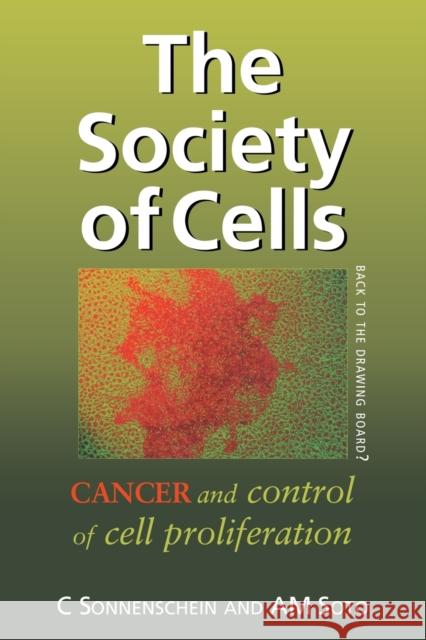The Society of Cells: Cancer and Control of Cell Proliferation » książka
The Society of Cells: Cancer and Control of Cell Proliferation
ISBN-13: 9781859962763 / Angielski / Miękka / 1998 / 168 str.
For more than 30 years, the majority of researchers has assumed quiescence to be the default state of all cells and so have provided cells in culture with 'growth factors' to stimulate them to proliferate. During this time, many putative growth factors have been identified and ever more complex mechanisms through which they could interact and stimulate cells have been proposed. However, quiescence as the default state does not make evolutionary sense and many sets of data do not support this hypothesis. In The Society of Cells, an alternative explanation for these results is proposed by applying the premise that the default state must be proliferation, with multiplication being a 'built in' property of all forms of life. The authors begin by reviewing the concepts and theories that guide research on the control of cell proliferation and cancer, and asking the question 'what is the nature of the default state of all cells - quiescence or proliferation?'. Later chapters concern cancer, where control of cell proliferation and the tissue organisation are defective. Despite decades of work and financial support to explore the somatic mutation theory of carcinogenesis, we appear no nearer to explaining how cancer arises. This requires researchers to take stock and consider new hypotheses and alternative approaches to the study of control of cell proliferation, and cancer in particular. The Society of Cells is intended to encourage such a revaluation and proposes the adoption of new premises to explore these important subjects.











